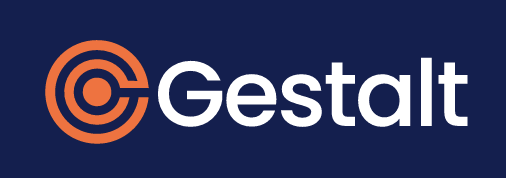AI / ML Applications and Use Cases
Pharma & Life Sciences
The field of pharmaceuticals has always been at the forefront of medical innovation, continuously striving to develop new and effective treatments for various diseases and conditions. In recent years, the integration of Artificial Intelligence (AI) and Machine Learning (ML) technologies has brought about a revolution in the pharmaceutical industry. These advanced technologies have accelerated drug discovery, improved clinical trials, enhanced patient care, and transformed the entire healthcare landscape. This section explores the significant impact of AI/ML in the pharmaceutical sector, highlighting its advantages and potential challenges.
There is significant value at stake that can be created with AI/ML across multiple Pharma Functions.

Key solutions detailed below, which have been developed in close association with various clients, have relied heavily on using advanced Anomaly detection, NLP and Transparent Machine learning capabilities of EazyML.
Product Management
All about uncovering the right data and using it to design and launch your product. The competitive advantage comes from applying AI to your data and effectively using it for the business model.
- Pricing Optimization: Use the AI model to analyze influential predictors such as drug exclusivity, patent expiry, changes in competition, changes in market prices of similar / competitive drugs, demographics, weather patterns, demand – supply, regulatory guidelines etc. It can also factor in the impact of price changes on market access.
- Product Launch: Apply AI/ML & Advance Analytics coupled with automation to improve the accuracy, efficiency, sophistication, speed and systematization of the Product Launch. Analyze & help determine the market potential. Determine the best launch strategy in terms of positioning, pricing, geo to launch etc. by considering business attributes such as distribution capability, support, field presence etc.
Supply Chain:
- Dynamic & Automated Demand and Supply Chain Planning: Automate the analysis of manufacturing output, inventory levels, supply chain, and marketing data coupled with predicted demand. Based on the real time analysis, dynamically respond to changes in market demand and supply availability, manage disruptions, and improve decision-making related to product distribution
- Demand Forecasting: Development of predictive models for demand forecasting, considering market developments and other data points such as usage data, seasonality, planned demand generation mechanics like campaigns, discounts etc, life cycle data, supply chain variables and maybe even historical accuracy of predictions.
- Inventory Management: AI/ML enables optimization of inventory levels between various points based on live demand patterns. This enables better fulfillment, safely, access and transparency across different levels of supply chain management for the drug.
Quality Management
- Product Quality: As may be applicable to say surgical products. Improving & automating the process of determining product quality through image processing
- QMS: Better Complaint Management through auto-categorization of complaints and automated Root Cause Analysis

